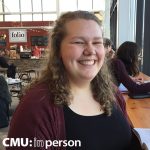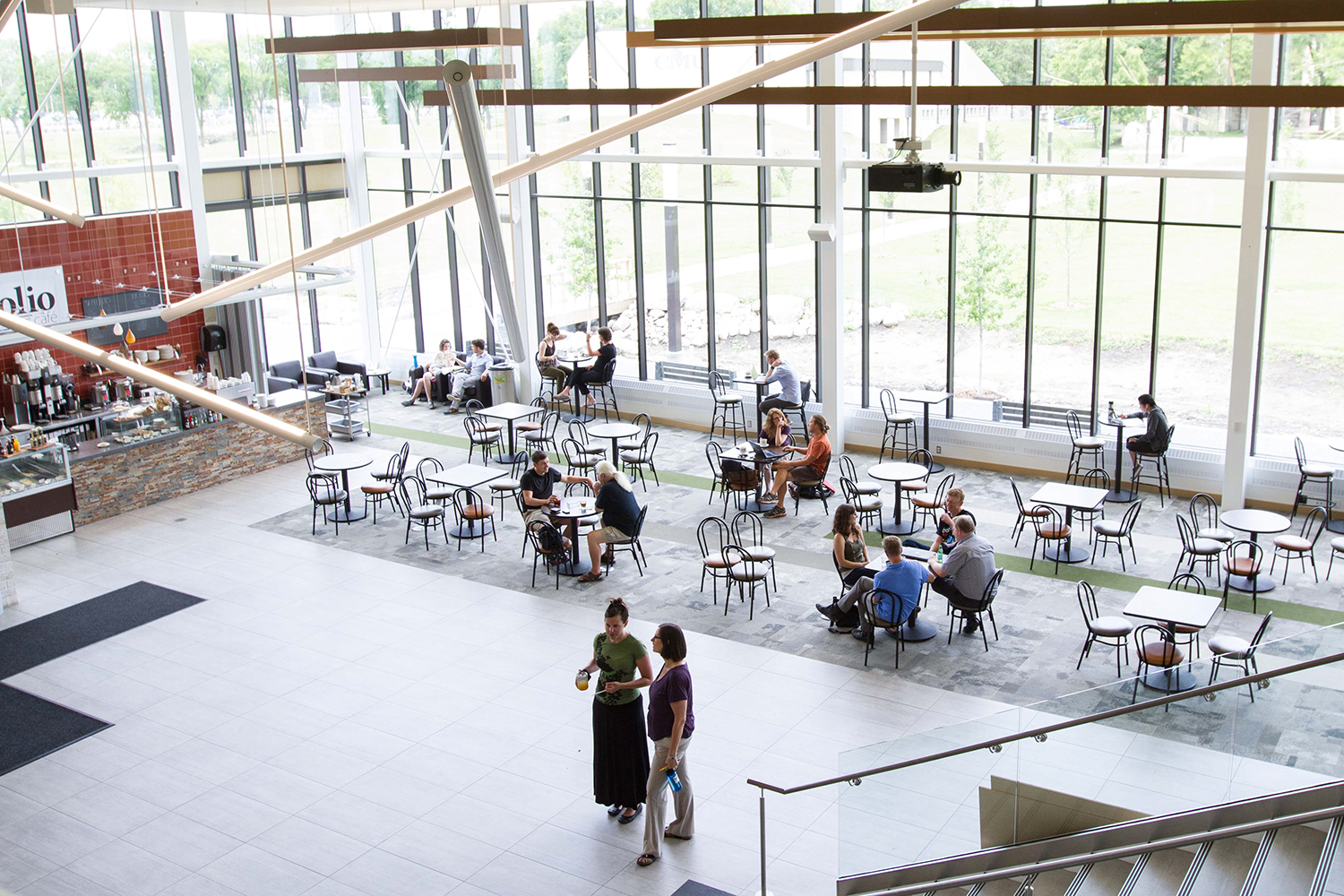As many of you know, both the men’s and women’s Blazer soccer teams took home the 2018 Manitoba Collegiate Athletic Conference (MCAC) championship trophy. Go Blazers go!
CMU’s Ryan Jensen is here to take us onto the soccer pitch and give a first-hand account of the men’s team’s incredible season and the feelings that came along with it. Take it away, Ryan!
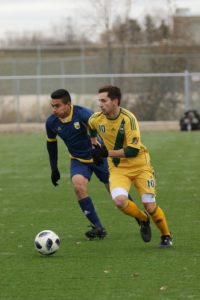 My name is Ryan Jensen, I am a fourth year Redekop School of Business student at CMU. I’ve been a part of the soccer team since my first year in 2015. I play as an attacking midfielder while wearing number 10.
My name is Ryan Jensen, I am a fourth year Redekop School of Business student at CMU. I’ve been a part of the soccer team since my first year in 2015. I play as an attacking midfielder while wearing number 10.
What was the season like prior to being in the final four?
This year we were extremely lucky to have such a deep, skillful, intelligent squad which played such a key role in our ability to win the league for the first time since 2005. We absolutely killed it this season, to say the least. Although we did not win every time we stepped on the field, we sure gave it our all until the final whistle.
We were fortunate enough to travel Calgary during the opening weeks of the season to play exhibition games against Ambrose college and SAIT College, where we comfortably defeated Ambrose by a score of 3-1, which became one of the first times our team actually began to click. The following day we played the 4th ranked team in college soccer, SAIT college, and fought hard enough to earn ourselves a 2-2 tie.
What was it about your team this year that allowed you to find so much success?
I can honestly say of my four years involved with the soccer team at CMU, that this is by far the most skilled and enjoyable team to not only play with, but to watch. Each and every one of our first year players impacted the team in such a large way.
It is tough to put it into words that would justify how I feel about these boys, but there is just something about the way we are around each other. Not only are they my teammates, but I strongly feel like these boys are family. And that’s something we have always strived for at CMU.
Tell me about the moment you knew your team had won the championship. How did you feel?
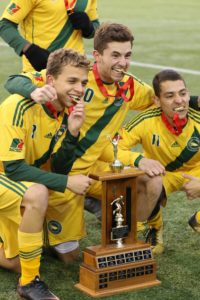 We were the underdogs. Everyone wrote us off, and yet everyone supported us. If I remember correctly it was about the 73rd minute where our midfield battled in the middle of the park to win possession. The ball ended up with our right back, Kieran. Kieran looked up and spotted my run darting across Brandon’s back line, and it was right after Kieran launched a long ball from that infamous right foot of his that I knew it was ours to win. We didn’t have the most chances, but we had that one. I controlled the ball with my chest and with my first touch took a shot across my body and into the bottom left corner.
We were the underdogs. Everyone wrote us off, and yet everyone supported us. If I remember correctly it was about the 73rd minute where our midfield battled in the middle of the park to win possession. The ball ended up with our right back, Kieran. Kieran looked up and spotted my run darting across Brandon’s back line, and it was right after Kieran launched a long ball from that infamous right foot of his that I knew it was ours to win. We didn’t have the most chances, but we had that one. I controlled the ball with my chest and with my first touch took a shot across my body and into the bottom left corner.
When was the last season that the Blazers won the MCAC Soccer Championship?
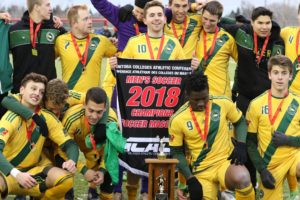 The last time CMU won the outdoor championship was 2005, which is such an important accomplishment for our boys to win it for the school this year. Being able to represent the school and their athletics program is a feeling that will never fade once you’ve become a champion.
The last time CMU won the outdoor championship was 2005, which is such an important accomplishment for our boys to win it for the school this year. Being able to represent the school and their athletics program is a feeling that will never fade once you’ve become a champion.
What role has soccer played in your CMU experience?
I have always thanked CMU for being such a close, interrelated community driven school. In my first year I was terrified when it came to the idea of university. But playing on the sports team before starting school is a massive advantage because you already know a fairly large group of people.
You’re in your 4th year, which means graduation is coming up soon! How will soccer remain a part of your life after leaving CMU?
I’ve always told myself that I will play soccer for my whole life regardless of my current life situation, simply for the love of the game.
Do you have any advice for future Blazers?
 If I could share any piece of advice for any new athletes, I would begin by simply telling them to enjoy their time here. You are only eligible for 5 years under MCAC rules, which may seem like a long time, but it is not. Enjoy yourself, because before you know it you will be in your 5th year and graduating and you will look back and wonder where all the time went.
If I could share any piece of advice for any new athletes, I would begin by simply telling them to enjoy their time here. You are only eligible for 5 years under MCAC rules, which may seem like a long time, but it is not. Enjoy yourself, because before you know it you will be in your 5th year and graduating and you will look back and wonder where all the time went.
Thanks for bringing us into that final match, Ryan! Congratulations to both the Men’s and Women’s soccer teams for bringing home the trophies.

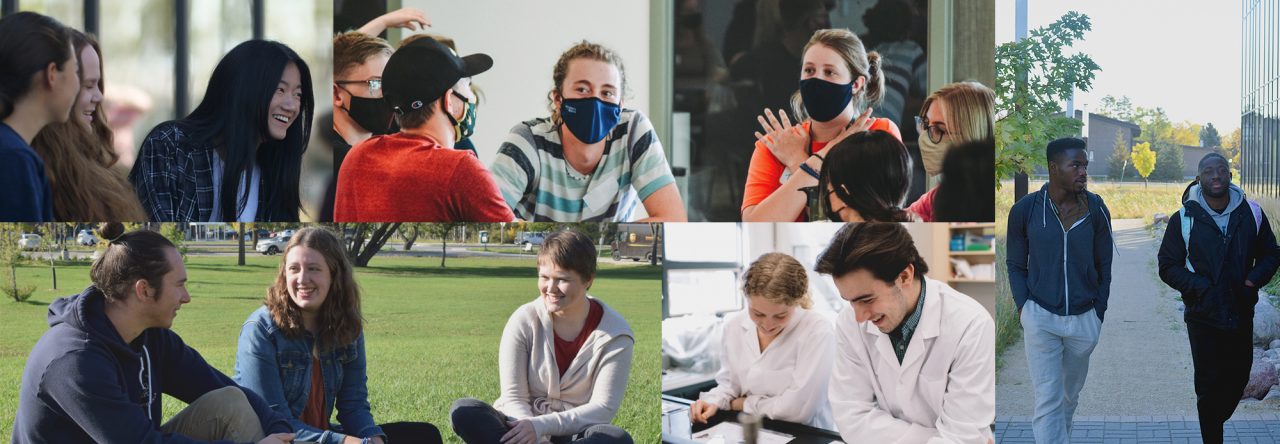
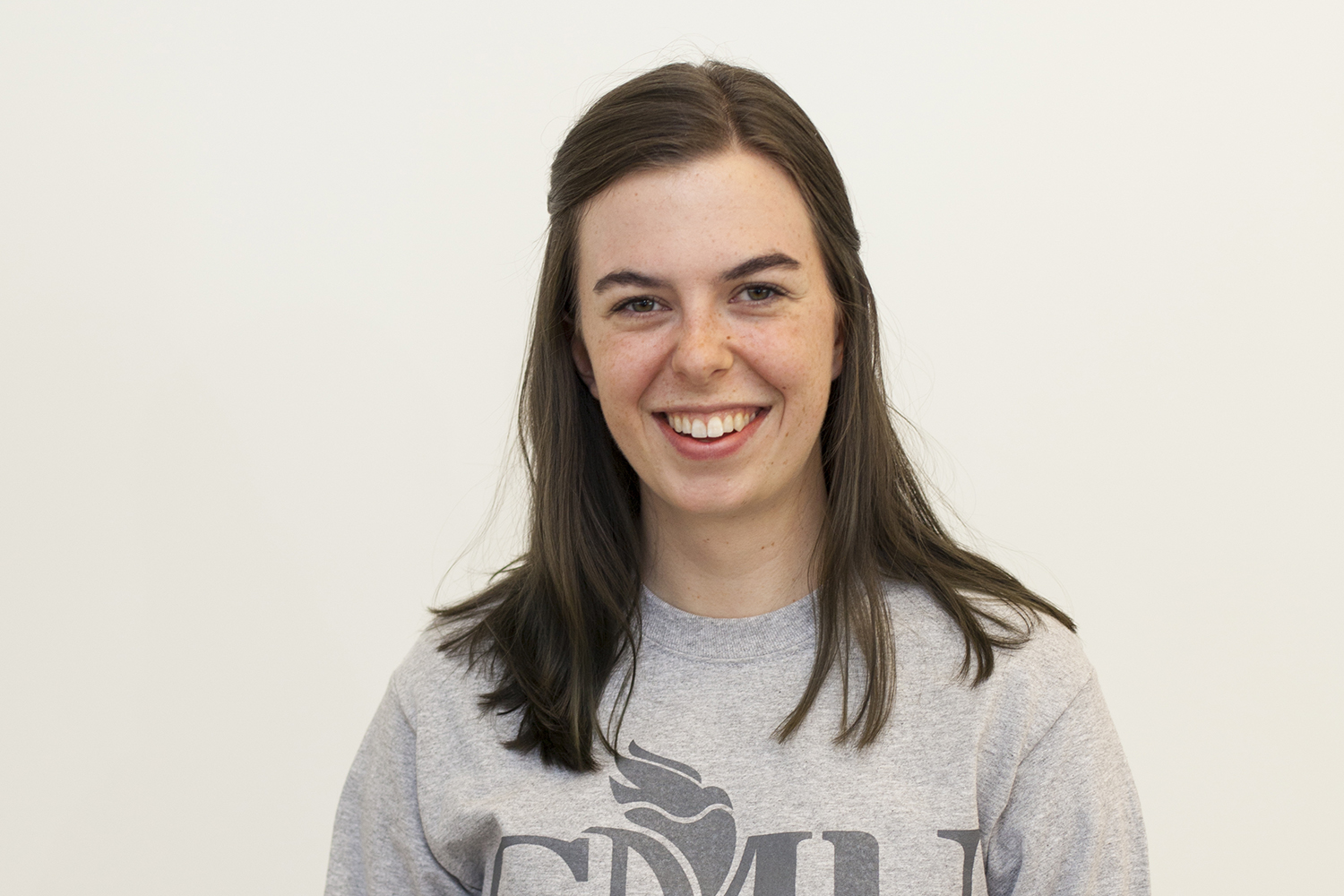
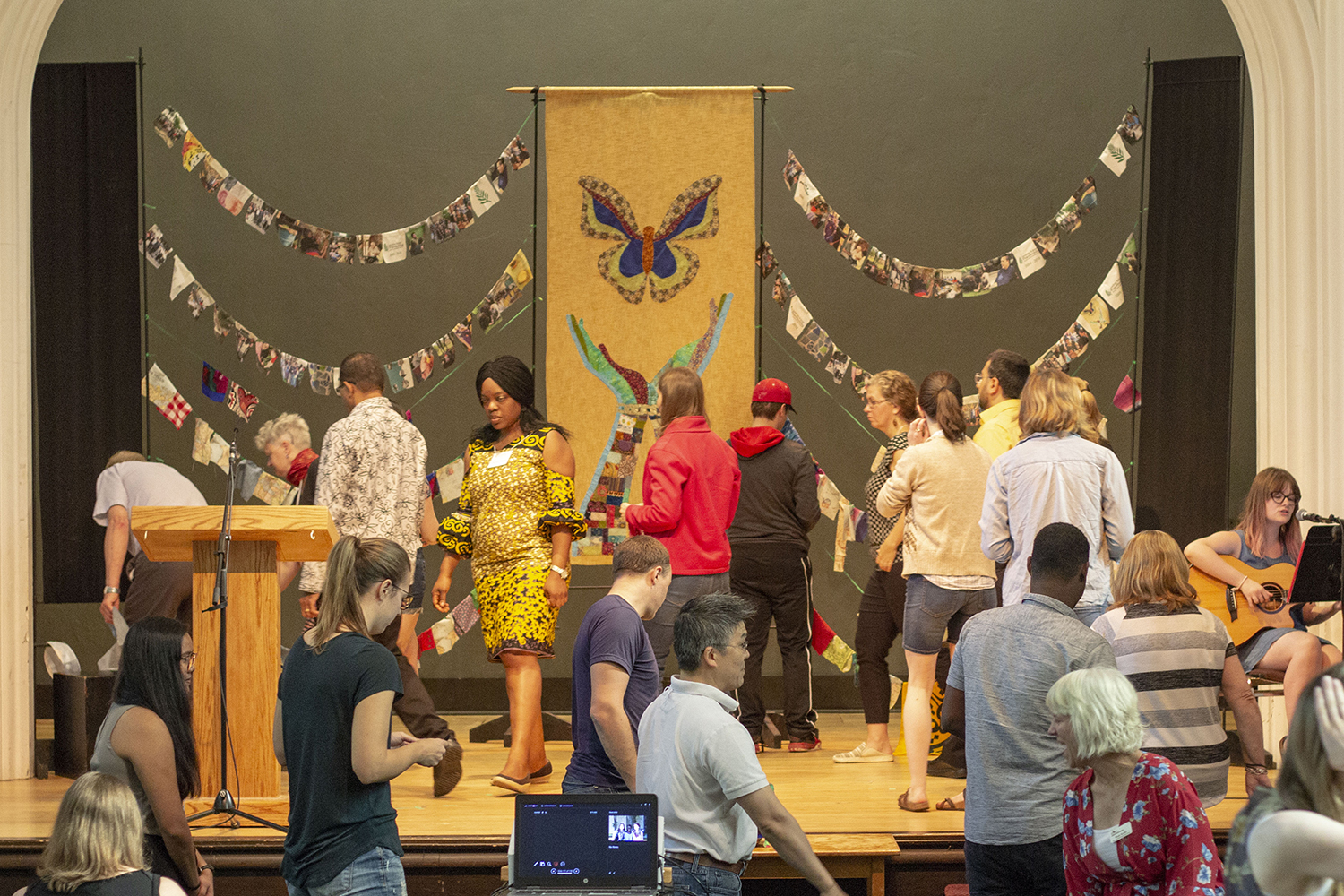
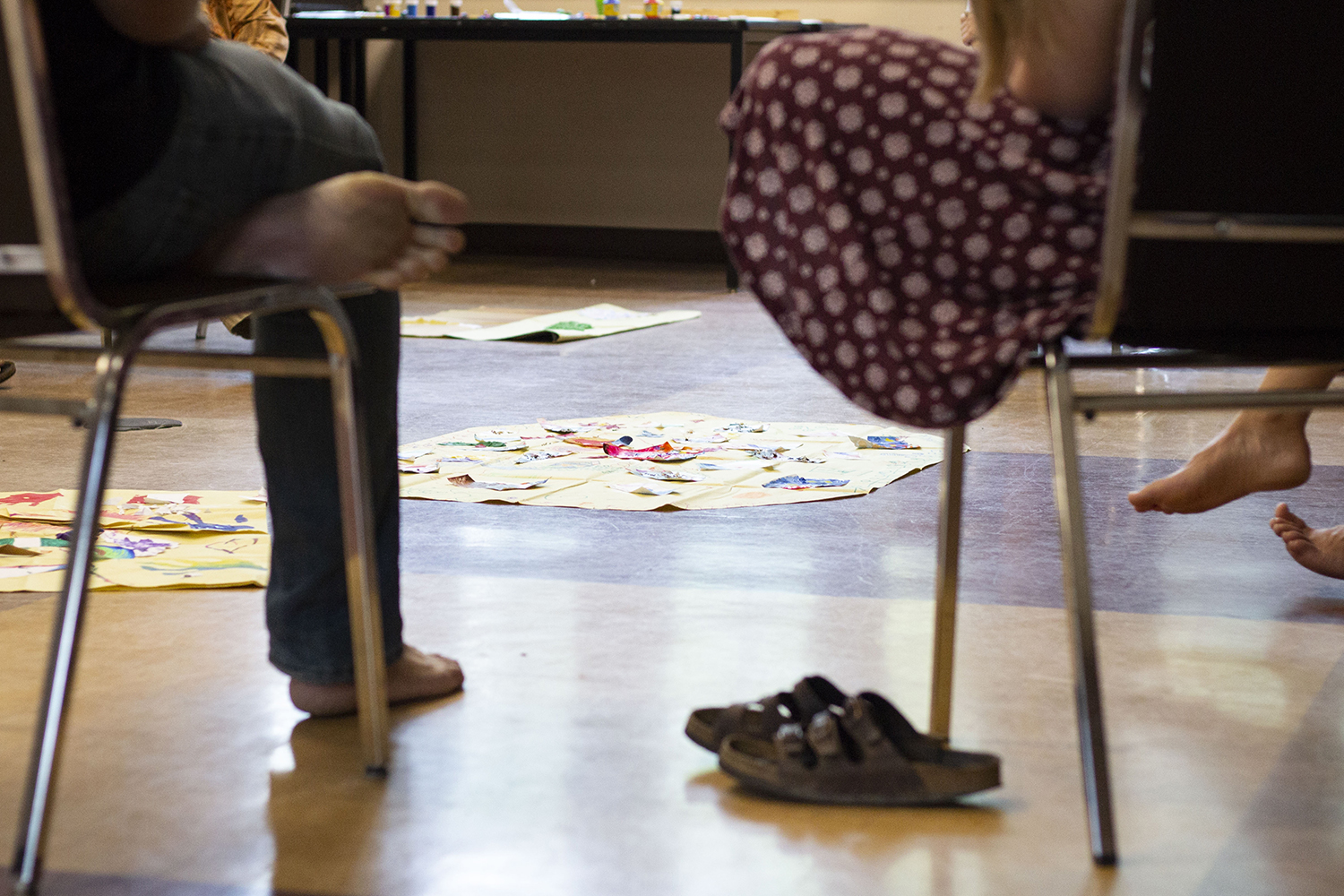
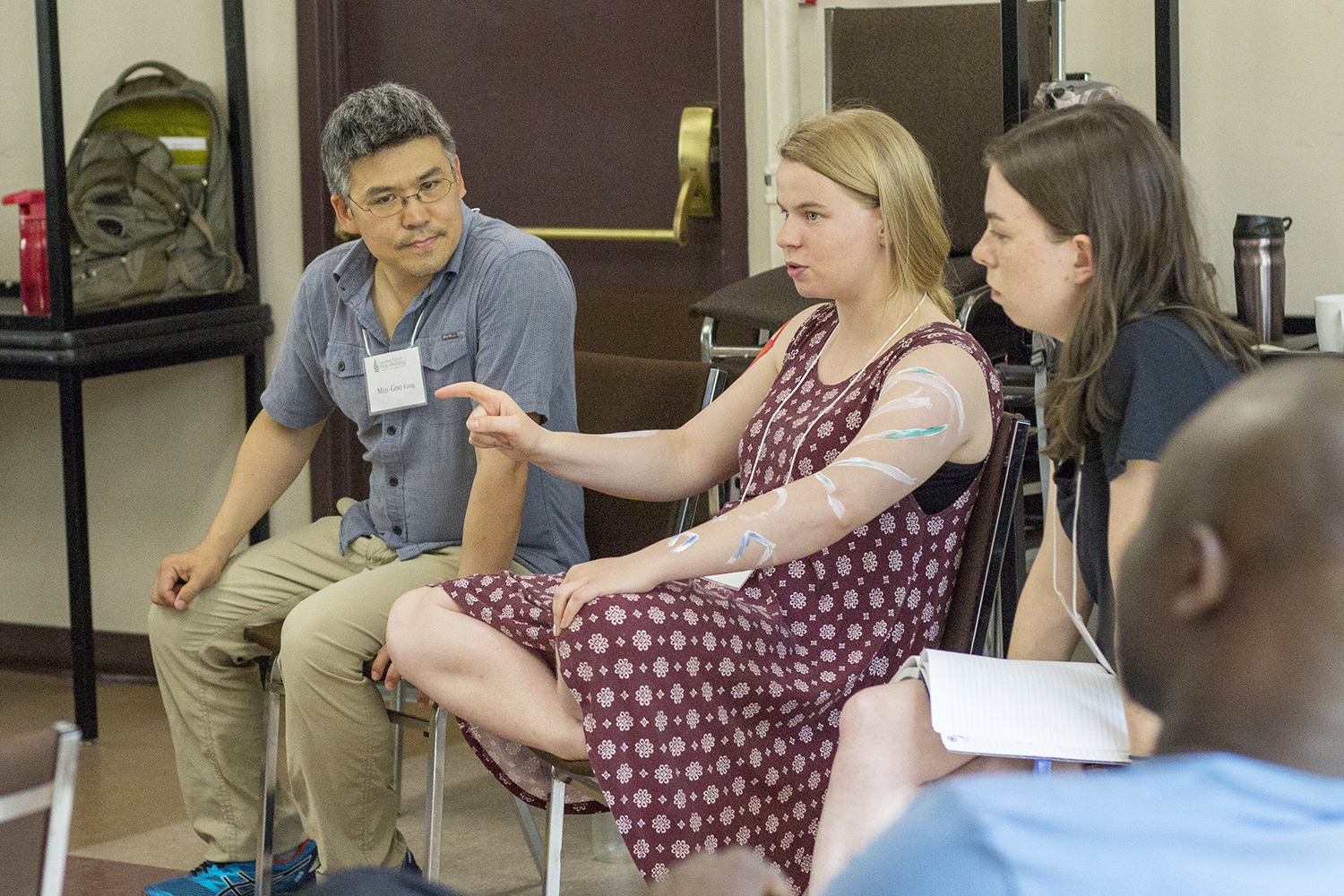
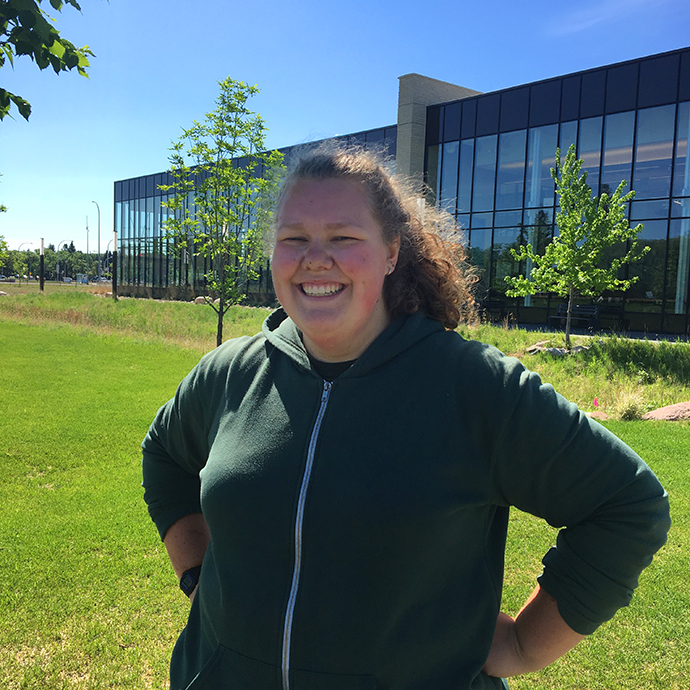 With summer comes many opportunities for students to work all sorts of jobs. These opportunities include retail, a cool community organization, a summer camp; and in my case,
With summer comes many opportunities for students to work all sorts of jobs. These opportunities include retail, a cool community organization, a summer camp; and in my case, 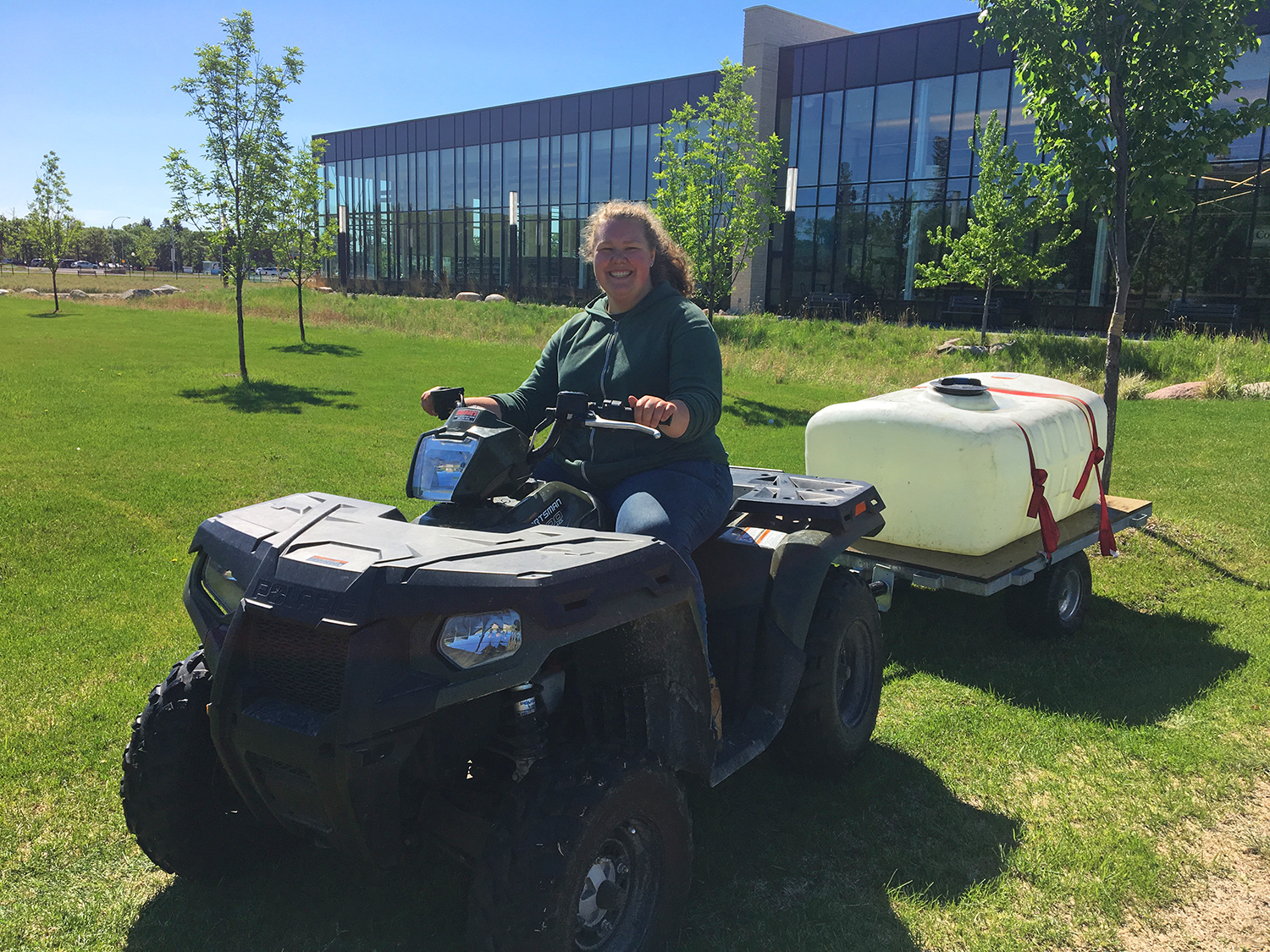 It is incredibly challenging to backup the quad with a tank full of water. But when it takes you 15 mins to back it up to a tree that is in front of the big windows of Marpeck, everyone is too nice to say that they saw you struggling.
It is incredibly challenging to backup the quad with a tank full of water. But when it takes you 15 mins to back it up to a tree that is in front of the big windows of Marpeck, everyone is too nice to say that they saw you struggling.